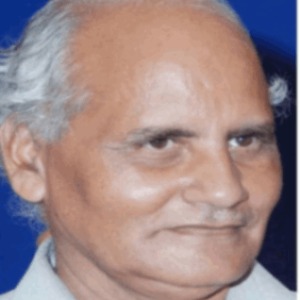Title : Heterogeneous Catalysis for Conversion of Carbon Dioxide to Formic Acid
Abstract:
Heterogeneous catalysis proffers the potential advantage of easy separation and recycling of the catalyst and easy purification of the products where as it`s counter part homogeneous catalysis although affords the advantages of high conversion and selectivity but lacks efficient recyclability of the costly metal catalysts. Carbon dioxide, a potent greenhouse gas produced mainly through the combustion of fossil fuels and deforestation, is drastically contributing to global warming, climate change and pollution. One of the attractive ways is to convert it into useful chemicals due to its availability as plenty, cheap and non-toxic C-1 resource specifically for formic acid as it is a renewable energy storage for H2 gas. Formic acid is an essential intermediate and chemical feedstock because of it`s important applications in textile, dyeing, paper, medicinal agents, tanning agent, preservative agent and in livestock feed. The currently established and practised commercial process for the synthesis of formic acid is in two steps, comprising toxic carbon monoxide at high pressure and high temperature. To avoid the use of toxic carbon monoxide, the promising and potential replacement for the production of formic acid is the direct hydrogenation of very abundant, inexpensive and nontoxic CO2 using various transition metal based homogeneous and heterogeneous catalyst. Hydrogenation of CO2 to formic acid is mostly reported under homogeneous conditions by metal based catalysts additionally using liquid base, in which the transfer of the proton to the base favors the reaction. It was conceptualized to use metal and hydrotalcite as solid soft base and support as well, to heterogenise the homogeneous catalyat systems. Rhodium, ruthenium and copper based heterogeneous catalysts using hydrotalcite as support as well as base are synthesized, characterized and had been investigated in detail for the effective conversion of CO2 to formic acid at moderate, temperature and total pressure of CO2 and hydrogen. Activity,selectivity and recyclability of these catalysts were appreciable for the production of formic acid under the employed reaction conditions in the auto clave. My speech will discuss the above advances made in the recent research and developments for the atom economic conversion of CO2 to formic acid.



